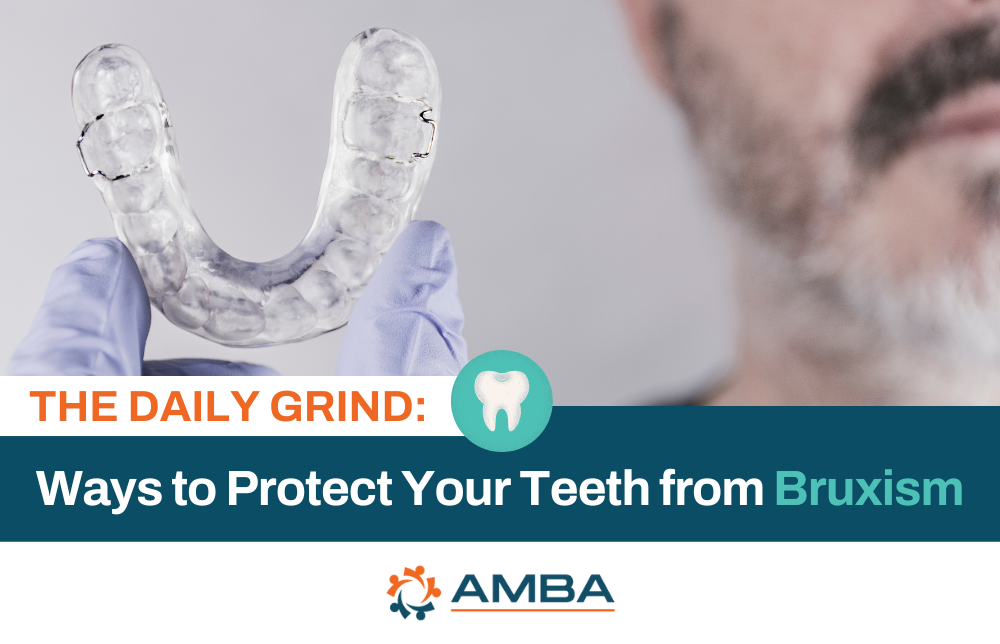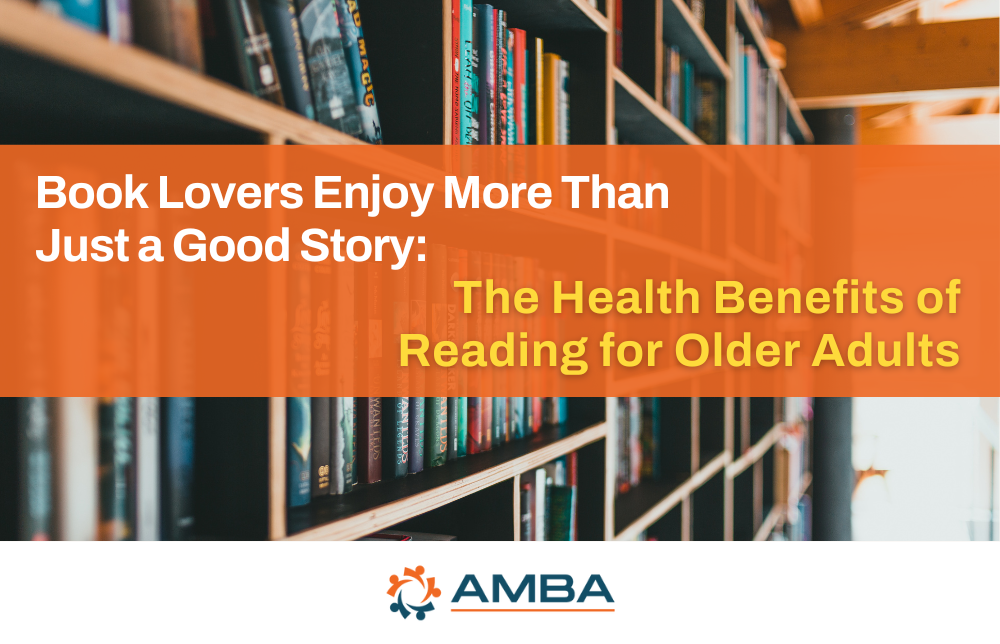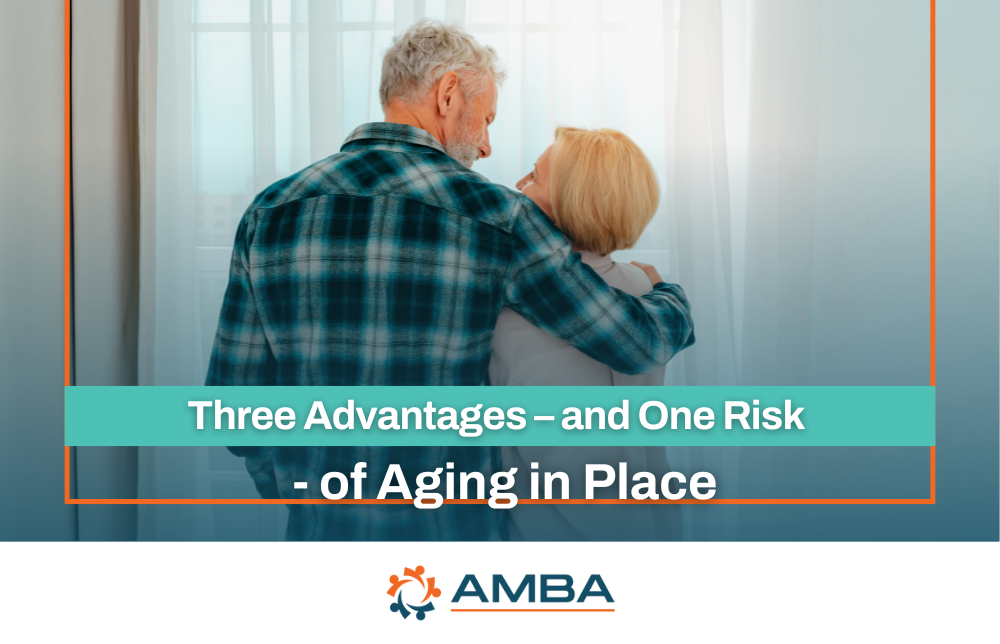
The Daily Grind: Ways to Protect Your Teeth from Bruxism
November 1, 2024
As we age, our bodies go through many changes. Some of these changes can lead to new or worsening health conditions. One example is bruxism.
The word “bruxism” comes from the Greek word “brychein,” which means “to grind.” It is a common condition that causes people to grind, clench, or gnash their teeth. There are two types. Awake bruxism refers to the grinding or clenching of the teeth during the day. Sleep bruxism refers to the grinding or clenching of the teeth during sleep. Sleep bruxism is the more common of the two - and more likely to cause damage. It can be a significant issue for older adults.
Damage and symptoms can include:
- Grinding or clenching your teeth during sleep, which can be loud enough to wake a partner
- Tooth sensitivity or pain
- Tight, painful, or tired jaw muscles
- Flattened, fractured, chipped, or loose teeth
- A dull headache in your temples
What Causes Bruxism?
Several factors may contribute to the development of bruxism. These can include:
Stress
People under a lot of stress or who suffer from anxiety are more likely to grind their teeth. Likewise, anger and frustration can also cause the condition.
Teeth misalignment
People with teeth that are not correctly aligned are more likely to grind their teeth.
Lifestyle Habits
Tobacco, alcohol use, and excessive coffee drinking can also cause bruxism. This is because these stimulants can cause inflammation and irritation of the jaw, which can trigger grinding.
Unique Risks of Bruxism for Older Adults
Older adults are predisposed to several risks related to bruxism because of age-related changes in their mouths, such as thinning enamel, receding gums, and how their teeth fit together. These changes increase the risks of tooth loss.
Bruxism can also increase the risk of developing TMJ disorders. TMJ disorders are problems with the temporomandibular joint, which connects the lower jaw to the skull. TMJ disorders can cause many symptoms, including pain, clicking and popping of the jaw, and difficulty opening and closing the mouth.
Ways to Mitigate the Risk
While bruxism is a common issue, it isn't an inevitable aspect of aging. There are several things you can do to mitigate the risks and impact.
The best solution will depend on the underlying cause and the severity of the symptoms. Your dentist may recommend relaxation techniques or stress management to help reduce the grinding. Mouth guards, which can protect the teeth from damage, are available over the counter or can be custom-made by a dentist.
If you grind your teeth, your dentist can provide professional advice about the best course of treatment. There may be underlying dental problems that cause or worsen the bruxism. Like any other dental issue, the longer you leave it untreated, the greater the risk of the condition evolving into something worse. That’s why the Dental Plan from AMBA and your association is such a smart investment. This plan covers cleanings and many procedures. Plus, you can see any dentist you want, with more significant savings by staying in-network. Plus, you’re pre-approved acceptance, and there’s NO WAITING PERIOD ON COVERED SERVICES. Sign up today atwww.AMBAdentalvision.com or call 866-979-0497.
Sources:
https://jada.ada.org/article/S0002-8177(16)30541-4/abstract
https://my.clevelandclinic.org/health/diseases/10955-teeth-grinding-bruxism
RECENT POSTS
Want a Safer Home? Don’t “Overlook” the Importance of Good Vision
Falls are one of the most significant health risks for older Americans. According to reports, more than one out of four
Read More

Book Lovers Enjoy More Than Just a Good Story: The Health Benefits of Reading for Older Adults
What if there was a miracle drug that could help reduce stress, enhance memory, improve sleep, provide community, and supply
Read More

Three Advantages – and One Risk – of Aging in Place
The overwhelming majority of Americans prefer to enjoy retirement “aging in place,” continuing to live
Read More

Now That’s a (Fresh) Breath of Air! Remedies to Overcome Bad Breath.
You brush and floss every day. Maybe you also use a tongue scraper and gargle with mouthwash. But still, somehow,
Read More

